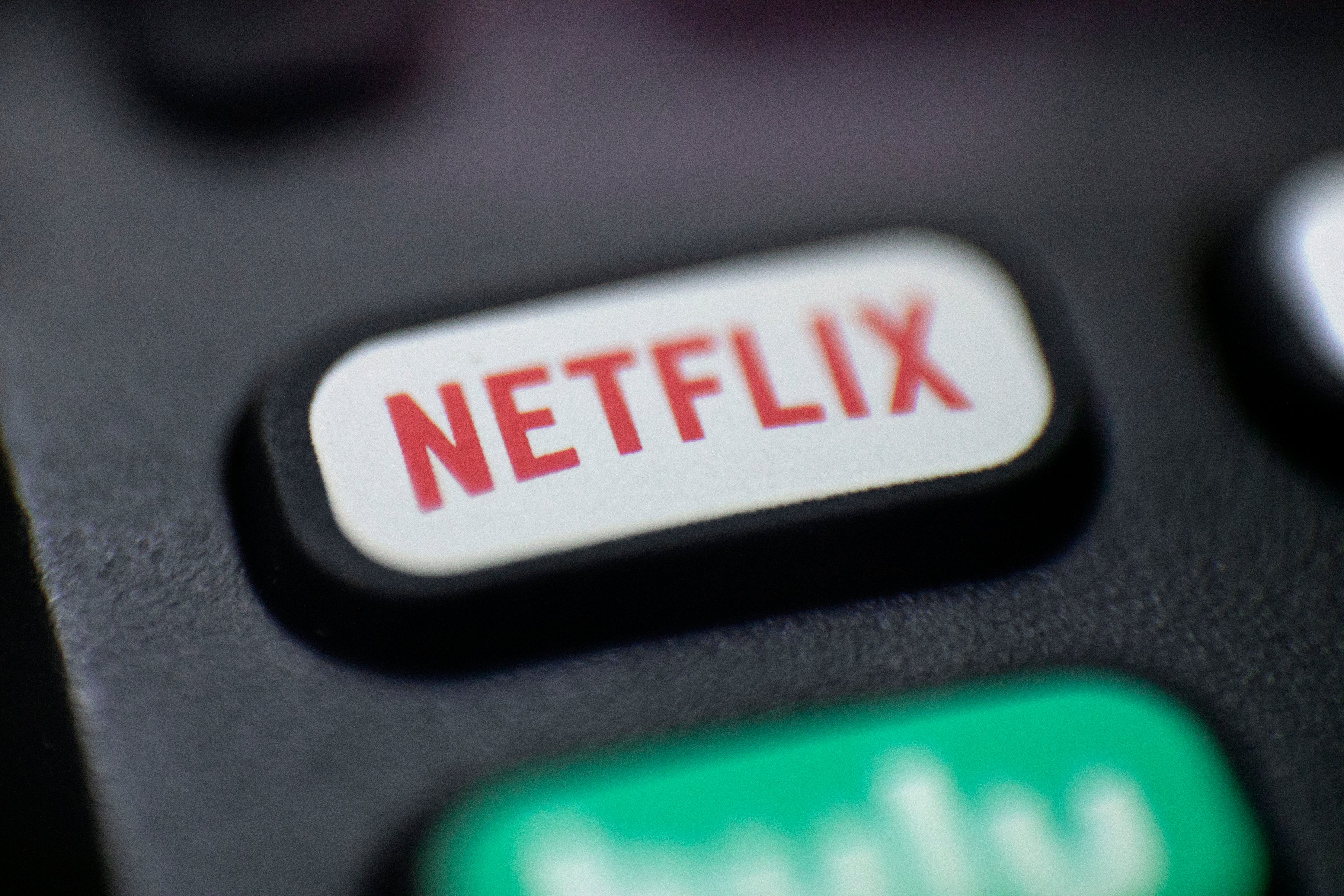The show isn’t over for Netflix – but concerns are stacking up
Why would losing just 0.1 per cent of its subscribers cause shares in the streaming giant to fall so much? Ben Chapman explains


After a stratospheric rise to stardom Netflix has delivered a turkey this week, warning it expects to lose 2 million customers as people cancel their streaming subscriptions.
The Covid-19 pandemic-fuelled boom in streaming services was a plot twist that had been well-trailed but which still surprised us with how suddenly it arrived.
More than $50bn (£38bn) was wiped off Netflix's value in just 48 hours after the announcement, with the share price down as almost 40 per cent at one point.
Numerous plot threads led us here. There are the obvious ones like the end of Covid restrictions allowing more options for entertainment, and a cost of living crunch that has caused people to reassess budgets. Subscriptions are amongst the easiest things to cut back on when times get tougher.
There's also intensifying competition from the likes of Disney+, Amazon Prime, HBO Max and Apple TV, all of which have very deep pockets for marketing and content creation. Does anyone really need five different streaming services?
But, even with these pressures, the stock market's reaction might seem a little severe. After all, Netflix has so far lost just 200,000 subscribers, less than 0.1 per cent of its total of more than 200 million.
The company said that withdrawing from Russia over the war in Ukraine had cost it 700,000 subscribers. Take these out and the company actually gained customers. So what is all the fuss about? Things are hardly over for the world's biggest streaming service.
However, when you look under the bonnet there are some bigger concerns, including a little creative - and entirely legal - accounting that may have helped make Netflix look healthier than it was.
Netflix counts money it spends on making shows as an asset on its books. In accounting jargon it 'capitalises' that investment.
Typically a capital investment is something like a factory or a piece of machinery that keeps on making money for the company over years or decades. But that’s very different to a tv show - most of which have a very short shelf life.
In fact, Netflix has been in such a clamour to throw money at new content that it has made a substantial number of flops.
It has $31bn of content on its books that will lose its value very quickly. For every Friends or South Park there are 100 forgettable shows that few would remember. Netflix reckons 90 per cent of the value of its programmes will be lost in just four years.
Netflix needs to generate more cash very quickly to keep up, fill that $31bn hole and make more content. It's main method of funding that is finding new subscribers willing to pay increasing fees.
That's a tough ask in a saturated market where many of us have spent a bit more time than we might have liked scrolling through row after row of films.






Join our commenting forum
Join thought-provoking conversations, follow other Independent readers and see their replies
Comments